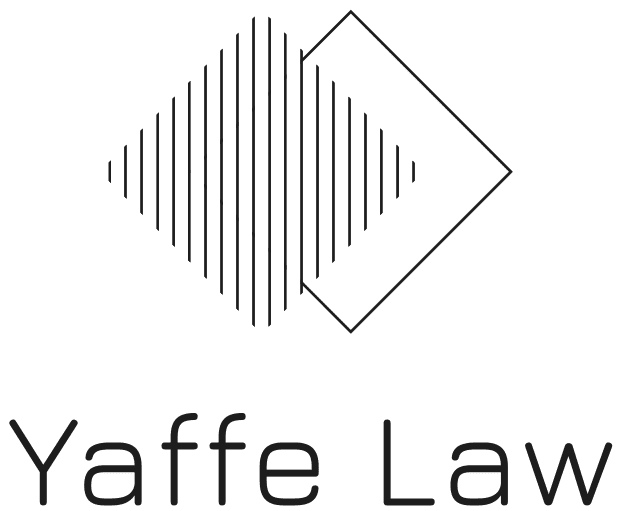Title VII of the Civil Rights Act of 1964 is a federal law that prohibits employment discrimination based on race, color, religion, sex, and national origin. It also offers protection against retaliation for reporting such discriminatory practices, including sexual harassment. However, Title VII only applies to employers with 15 or more employees, a stipulation shared by its state law counterpart, the Florida Civil Rights Act (FCRA).
This raises a critical question: What happens when discrimination or harassment occurs in a workplace with less than 15 employees? Does this mean employers with less than 15 employees can freely discriminate or engage in sexual harassment without any legal consequences? The answer is no.
There are alternative legal avenues that offer protection against discrimination, even for those working in smaller companies. While legal pathways may exist under tort and negligence laws, and other civil rights statutes, some local county ordinances provide broader jurisdiction over cases of discrimination and harassment, offering a much-needed safety net for employees in smaller businesses.
Local Ordinances (Miami-Dade County)
In some counties, local ordinances provide wider jurisdiction for discrimination and sexual harassment. For instance, Miami-Dade County Ordinance 11A-26 is a shining example of local legislation stepping in to fill the gaps left by federal and state laws. Much like its higher-level counterparts, this ordinance prohibits employment discrimination based on a similar set of protected characteristics. However, the significant difference is in its applicability – the ordinance applies to employers within Miami-Dade County that have as few as five employees during any four or more calendar weeks in the current year. This wider scope ensures that more employees are protected against discriminatory practices, expanding the reach of fair employment practices.
Navigating these laws and ordinances can be complex, but it’s essential to understand that there are multiple pathways to challenge discriminatory practices. Even within smaller workplaces, employees should not feel powerless in the face of discrimination or harassment. Being aware of these alternative legal avenues can empower employees to seek justice and uphold their rights.
Complaints of Discrimination under 11A-26
Initiating a discrimination claim under the purview of the Miami-Dade County Ordinance 11A-26 involves a process similar to filing a claim under federal or state laws. The first step involves reaching out to the Human Rights and Fair Employment Practices (HRFEP) division of Miami-Dade County. Just as one would file a charge with the Equal Employment Opportunity Commission (EEOC) or the Florida Commission on Human Relations, employees must submit a complaint of discrimination directly to the County under this ordinance.
However, it’s crucial to remember that there are strict deadlines. The complaint must be filed within a 180-day window following the occurrence of the alleged discriminatory practice. The clock starts ticking from the moment the alleged unlawful incident takes place, emphasizing the importance of swift action to preserve one’s rights and seek justice.
Lawsuits under 11A-26
You cannot immediately file a lawsuit following the filing of a HRFEP complaint. Instead, you must first receive a “Right-to-Sue” notice from the HRFEP, confirming that you’ve exhausted the County’s administrative process and are now authorized to pursue a lawsuit. Once you’ve obtained the “Right-to-Sue” notice, a 90-day window opens for you to initiate a civil lawsuit against the party named in your original complaint. It’s essential to note that this is a hard deadline; any delay beyond this timeframe can seriously jeopardize your legal rights.
Regarding the interpretation and application of the 11A-26 ordinance, although there isn’t an extensive body of caselaw, courts hearing 11A-26 cases have generally applied the principles of Title VII and FCRA discrimination and retaliation laws. This congruity can provide a modicum of predictability in 11A-26 cases, although each case’s specifics will, of course, significantly influence the outcome.


